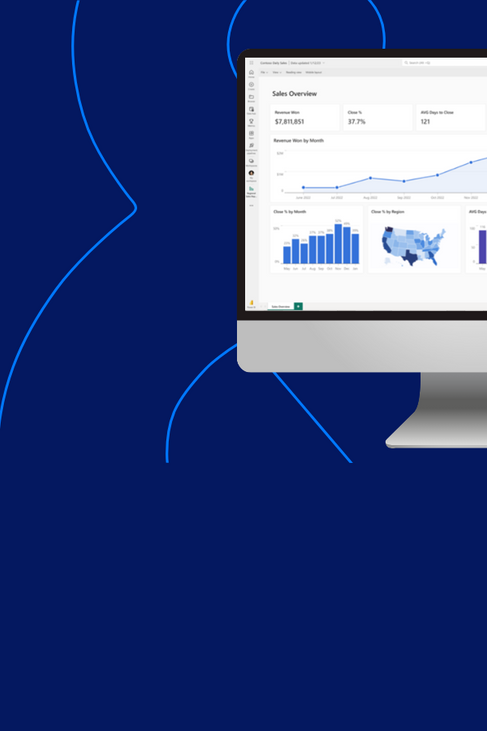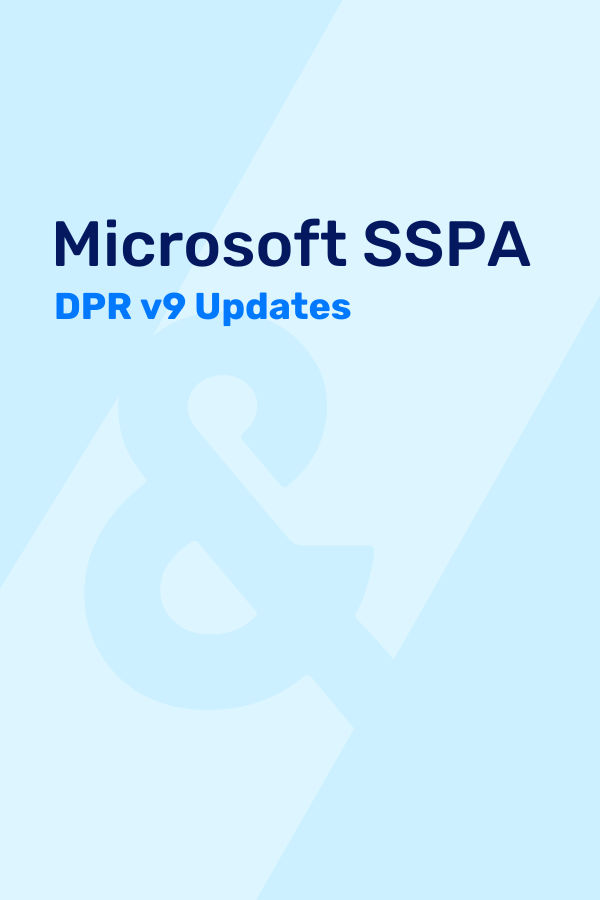Updated October 14, 2021 at 10:30 am ET
Getting a bill from suppliers that was a lot higher than expected is sadly not an uncommon occurrence for organizations. Maybe it’s happened to you: Your business goes to great pains to identify, vet, and hire an essential new supplier. You draw up an exacting contract that covers all the potential costs, charges, and contingencies. The contract is signed and the supply chain improves. Then the first invoice comes in, higher than expected. Sometimes much higher, and you are left confused about where these changes originated
In many cases, these unexpected charges are the result of shipping and freight, which isn’t always covered in contracts and often isn’t itemized on invoices. Many businesses expect, and their contract terms often require, that freight and shipping charges be passed through at actual costs with no markup. However, it can be difficult or even impossible to validate actual freight and shipping costs using the invoicing information provided by the supplier.
4 Steps to Fight Against Hidden Fees
How can you protect yourself against a blindsiding like this, and how can you make sure that you’re getting what you’re paying for? Here are some steps that we’ve seen clients take to ensure both.
- Itemize freight and shipping charges.
- State in your contract that invoices should reflect freight and shipping charges separately and ensure that the supplier includes a copy of the freight invoice from their carrier, or documentation of the actual amount paid to the carrier less discounts or other incentives.
- Consider sales tax.
- In many jurisdictions, freight and shipping charges passed through at actual cost are exempt from sales tax if the charges are itemized separately on the invoice. Understanding the supplier’s invoice is key to determining sales tax accuracy.
- Don’t overlook “handling.”
- In the phrase “shipping and handling,” the latter can cover an awful lot. Many suppliers don’t disclose whether they add internal handling to freight and shipping charges. Handling charges should not be billed unless agreed upon and specified in the contract pricing terms. For example, handling is not billable if the contract states that freight and shipping are “Prepaid plus Add,” but it could be if the terms are “Prepaid plus Add and Handling.”
- Rely on a third-party auditor.
- Contract terms for freight and shipping are like any other contract term: they’re only as good as an organization’s enforcement. And for all the reasons stated above, they may be even harder to enforce than usual. That’s where a third-party audit can bring clarity. Auditors can identify significant overcharges and even recover those costs by:
- Breaking down invoices
- Reviewing third-party charges
- Comparing costs to contract requirements
- At SC&H, we have seen auditors recover hundreds of thousands of dollars from single suppliers for non-compliant shipping and freight charges that either weren’t outlined in contracts or were hidden in other ways. It’s expensive to keep your supply chain moving, but an audit can ensure that it’s only as expensive as agreed.
- Contract terms for freight and shipping are like any other contract term: they’re only as good as an organization’s enforcement. And for all the reasons stated above, they may be even harder to enforce than usual. That’s where a third-party audit can bring clarity. Auditors can identify significant overcharges and even recover those costs by:
[sch_pullbox]To learn more about uncovering hidden fees or overcharges in your invoices and how to properly conduct supplier audits, contact us to speak directly with a team member from our Contract Compliance Audit Services practice. [/sch_pullbox]






